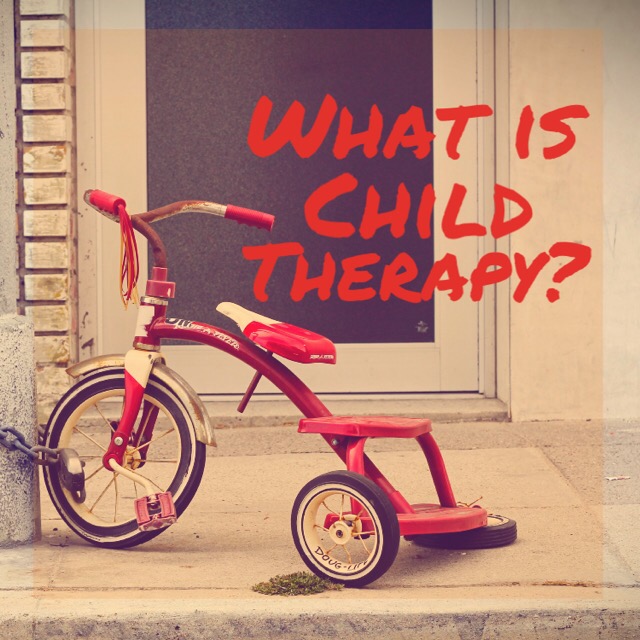
12 Tips for Parenting Your Teenager
by Janet Kontz, MA, LPC
Does this sound familiar? We often hear from parents of teenagers that they find it difficult to connect with their kids when they reach the adolescent stage of life. Many parents feel that this is the most daunting time to be a parent. Helping your teenager navigate through this period of life in between childhood and adulthood can be as confusing and frustrating for you, as it is for them.
Take heart, parents! It doesn’t have to be a hard as you might think, and you don’t have to do it alone. Here are 12 tips for understanding and parenting your teenager:
1. Expect inconsistencies
Teenagers are in the process of becoming independent, and it is a process that doesn’t happen overnight. One day your teenager may act like he needs your help; the next day he doesn’t want to hear anything you have to say. That’s not about you! Understand that this unpredictability in your teenager is normal, and while it may feel personal, try not to take it personally.
2. Allow privacy
Teenagers need a reasonable amount of privacy. Unless there is a reason to suspect your teenager is doing something dangerous or harmful, give her privacy that progresses with age.
3. Be clear about expectations
At every age, kids need to know the rules and the consequences for breaking the rules. Having clear expectations helps reduce arguments with your teenager. Consistency is key. If your teenager breaks a rule, follow through on the previously established consequence!
4. Let your teenager do the worrying
If your teenager doesn’t get his homework finished, he will not pass the class. If he doesn’t pass the class, he will have to go to summer school. Whose problem is this? You have your own challenges to worry about; work, bills, taking the dog to the vet, etc. Allowing your teenager to feel the weight of their choices, teaches them personal responsibility and will carry them much farther in life!
5. Permit expression of feelings and ideas
Your teenager may have ideas that sound crazy to you; listen anyway. He may have feelings, that make you uncomfortable; allow him to express those feelings. It’s important to give him a safe place to be himself as he is figuring out who he is.
6. Resist giving advice
Not giving advice is difficult. Every instinct we have as parents tells us to advise our kids. Listening to their ideas and using discussion and socratic method to guide your teen to the best answers, helps to equip them with good decision making skills for the future.
7. Reframe your demands in the form of agreements
Teenagers will often resist demands. You will achieve better cooperation from your teenager if you make an agreement with them instead. Reframing a demand, such as “you can’t use the car unless you take out the trash,” to an agreement, simply by changing the wording to “you can use the car if you first take out the trash,” sounds more like a good deal to a teenager.
8. Share your teenager’s disappointment
Often, what seems like the end of the world to a teenager, may seem minor to an adult. If your teenager strikes out during an important game, or breaks up with a significant other, you may be tempted to minimize it. Even though you are well intended, and are only trying to help them understand it really isn’t the end of the world, minimization only makes your teen feel misunderstood. Try being in the moment with your teenager and letting them know you understand their disappointment. Validate and normalize their feelings and be ready to talk about it if they want to.
9. Get to know and appreciate your teen’s passions
Taking an interest in the things your teenager is passionate about is an excellent way to develop a great relationship and show them how important they are to you.
10. Share your feelings
Sharing your feelings with your teenager will foster your relationship and help them see that you, too, are human and have feelings. Be honest and open!
11. Be prepared for disagreements
Parents should expect their teenager to be respectful, but not to hold in every word of disagreement and dissent they have. Teenagers are individuals with opinions — often strong opinions — that need to be expressed, at times. Allow your teenager to express their opinions, respectfully. This is an important part of becoming well functioning, autonomous adults!
12. Get to know your teen’s friends
You’re not going to like all of your teenager’s friends, but get to know them anyway. Try to figure out what your teenager sees in them. Knowing your teenager’s friends will give you insight into who your teenager is when he’s not around you.
An important rule of thumb when parenting teenagers is to remember that even though they will always be your “little Johnny” or “little Suzy”, they are well on their way to becoming adults. Yes, they will still need guidance from time to time, but they are also discovering who they are as independent people. An important part of that, is being allowed to make and learn from mistakes. Treating your teenager as an “adult in training” instead of a child, and using love and respect to guide them, will make your journey together a little more enjoyable.
 About the Author
About the Author
Janet is a Licensed Professional Counselor, working out of Agape’s Olivette, West County, South County, and Hazelwood locations. She works with adolescents, adults, families, and children. Click on the picture to the left for Janet’s full bio.





